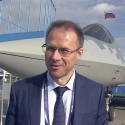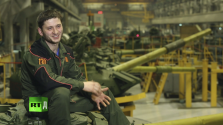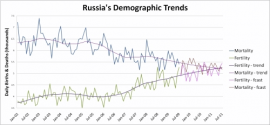Natural resources are enough to make Russia a major player in any trade relationship.It is far from clear that it would be in China's interests to support Russia to the extent that would be required to seriously deflect its decline. Indeed it is likely that Russia will become increasingly dependent upon China as it grows weaker, and that the relationship will ultimately benefit Beijing far more than it does Moscow. I don't see the strategic imperative for China to move much beyond "win-win interactions" to actively bankrolling the Russian state, and if Beijing ever were to commit to that level of support, akin to the kind of support the United States provided to Japan in the wake of WW2, that support would itself likely come at a cost to the sovereignty of Russia and its credentials as a great power, just as it has for Japan. The Soviet Union was very generous towards the PRC back when it dreamed of maintaining the latter under its thumb, and that generosity evaporated as it became clear that the PRC would not accept the role the Soviet Union envisioned for it.
This is not true. Russia's enemies are the United States and NATO, both of which are continuing to grow or will at least sustain their populations via immigration. The demographics of Ukraine or certain other Eastern European nations might be worse than those of Russia, but this is unimportant.
This goes without saying. France, the UK, and Germany have all been greatly diminished over the past century and rendered subservient to a greater power in the United States, as Spain was before them. Prussia was literally extinguished and its homeland Konigsberg is now occupied by Russians.
And immigrants are not a military metric. Any country with economic reforms can attract immigrants. It does not mean that the loyalty of immigrants will be maintained in a war environment where no one will even be able to pay the rent.



